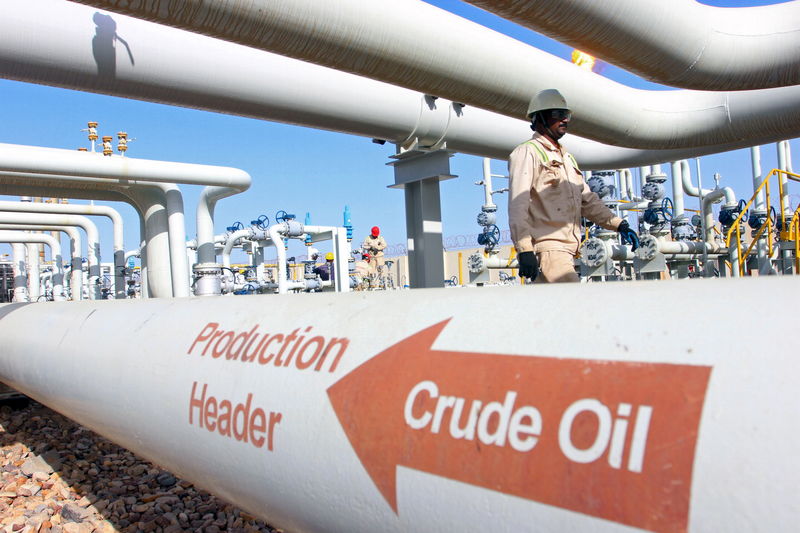Investing.com — The risks of a price spike have increased, according to analysts at BCA Research. While BCA maintains cyclical expectations that crude oil prices are likely to weaken over the next six to nine months, the immediate market environment is fraught with uncertainties that could support higher prices in the near term.
Geopolitical tensions, especially the escalating conflict in the Middle East, are creating supply-side risks that have alerted market participants to the possibility of a supply shock.
The recent rise in oil prices has been attributed to fears that the ongoing conflict will spread to oil-relevant regions. Israeli officials are reportedly considering an attack on Iran’s oil infrastructure, a move that would have US support, according to BCA analysts.
This potential disruption comes at a time when the region is responsible for a substantial portion of global crude oil production, raising alarm over the possibility that its infrastructure will be targeted by future retaliatory attacks.
Despite these concerns, BCA Research notes that there is still sufficient spare capacity within the OPEC+ bloc to absorb any temporary supply shocks.
Major OPEC+ producers have held back significant production and may be willing to intervene and increase production to stabilize the market.
Saudi Arabia, for example, has threatened to increase production to protect its market share, especially if other members do not adhere to production quotas.
But even with the likelihood of a supply shock high, BCA Research emphasizes that these price increases may not be sustainable in the short term. OPEC+ has both the ability and motivation to restore pent-up production, which could offset any supply disruptions caused by geopolitical factors.
Furthermore, if the conflict in the Middle East does not result in long-term or extensive damage to oil infrastructure, the price spikes may prove to be short-lived.
On the demand side, BCA remains cautious and predicts a weakening in global oil demand due to an expected global economic downturn.
They argue that while policy easing by major central banks may provide some marginal support, these measures are unlikely to be enough to boost oil consumption in the short term.
China’s economic recovery, a key driver of global oil demand, is also expected to lag, further dampening prospects for a sustained rally in crude prices.


